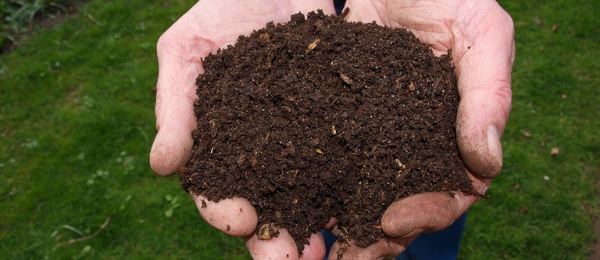
Before you throw away those coffee grounds and grass clippings, did you know you can use them to make your garden grow?
According to the US EPA, food and yard waste make up about 30% of our waste stream, and more than 96% of food waste that could be composted ends up in landfills. CSU estimates that composting reduces yard waste volume by 50-75%. By composting at home, you can reduce waste, save landfill space, and improve your landscape in the process.
What is composting?
Organic materials decompose; that's just a fact. Composting at home is a way to control the decomposition of organic materials, called browns and greens, by maintaining a proper ratio of materials, air flow, and temperature. Browns are dead or dry organic materials, while greens are recently living and wetter organic material. Some examples include:
- Browns - dead leaves, chopped branches, corn stalks, shredded corrugated cardboard
- Greens - vegetable and fruit scraps, coffee grounds, grass clippings, cut flowers, eggshells
Once the process is completed, your compost is best used in one of two ways:
- Mulch - Spreading a layer of compost can help your garden or landscape retain moisture and suppress weeds.
- Soil amendment - Colorado's dry, clay soil benefits from adding compost. it helps the soil retain moisture and improves air flow.
As long as you only use proper browns and greens and you maintain proper air flow, your compost should not have a bad odor or attract pests. Things you should NOT compost include, but are not limited to, meat, bones, pet waste, dairy, or fats. So while it's fine to put some leftover salad greens into your compost, don't add it if it's been tossed in ranch dressing. And if you're weeding, do not put weeds that have gone to flower or to seed into your compost.
There is no shortage of resources for getting started with composting. CSU Extension, master gardener programs, and even some local governments offer information and/or classes. Some landscape professionals can also help you choose the best method and location in your yard for making composting successful and convenient.
This entry was posted in
